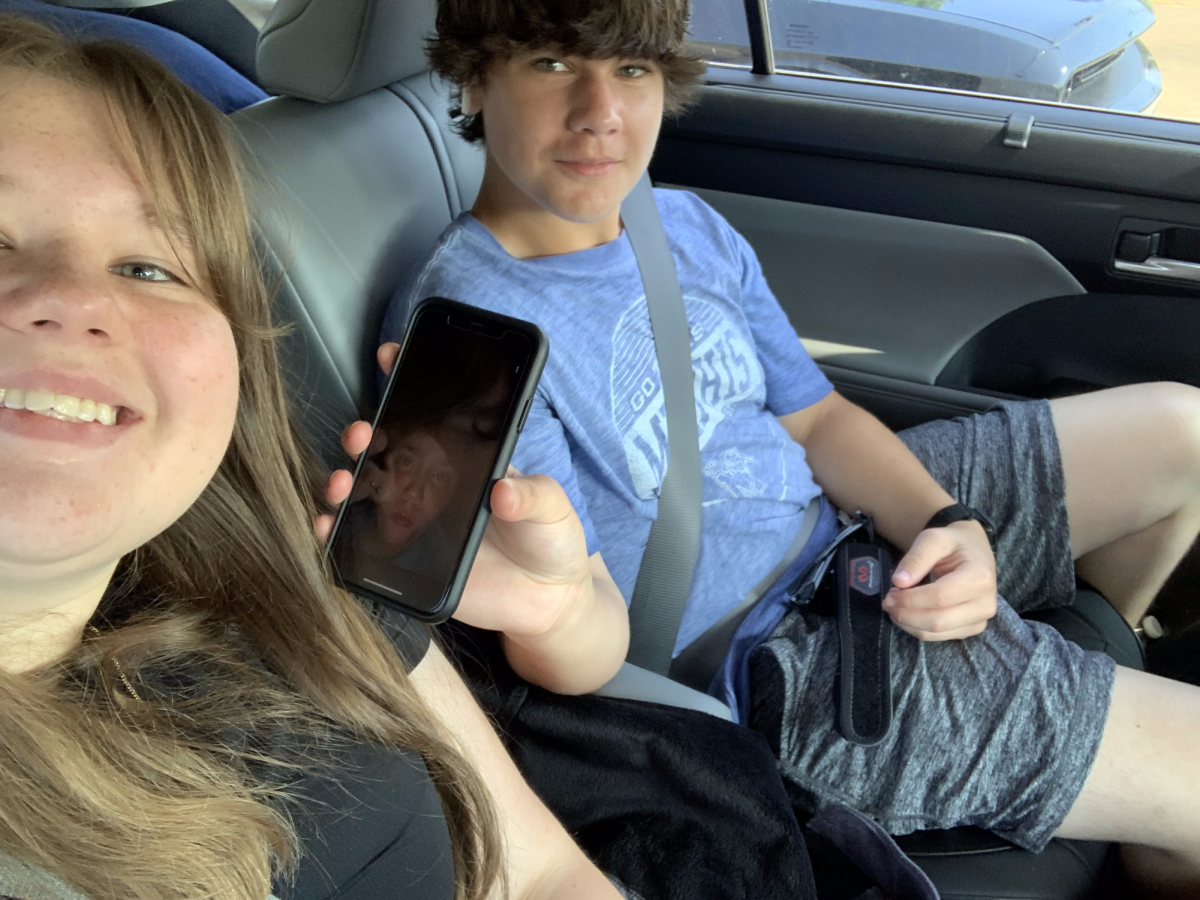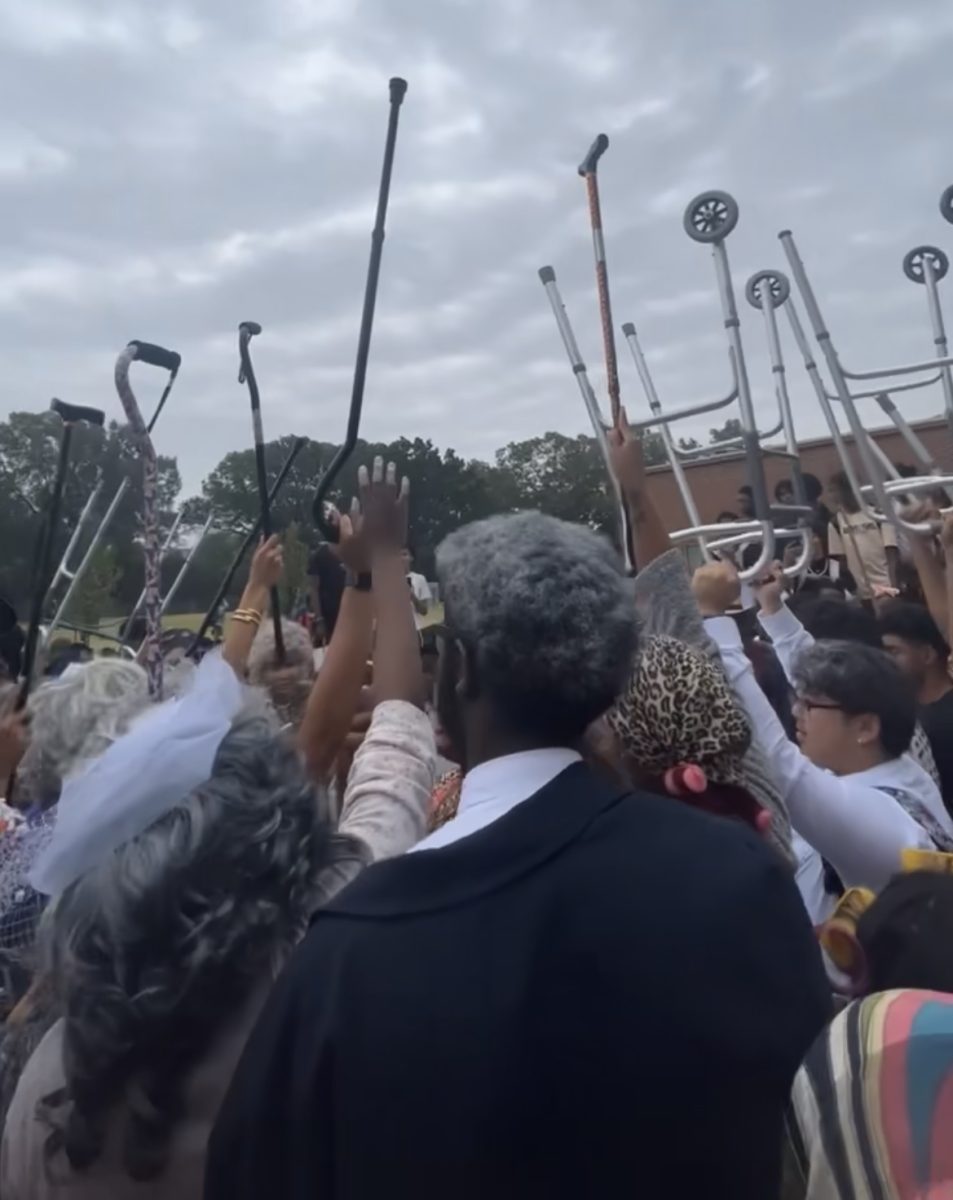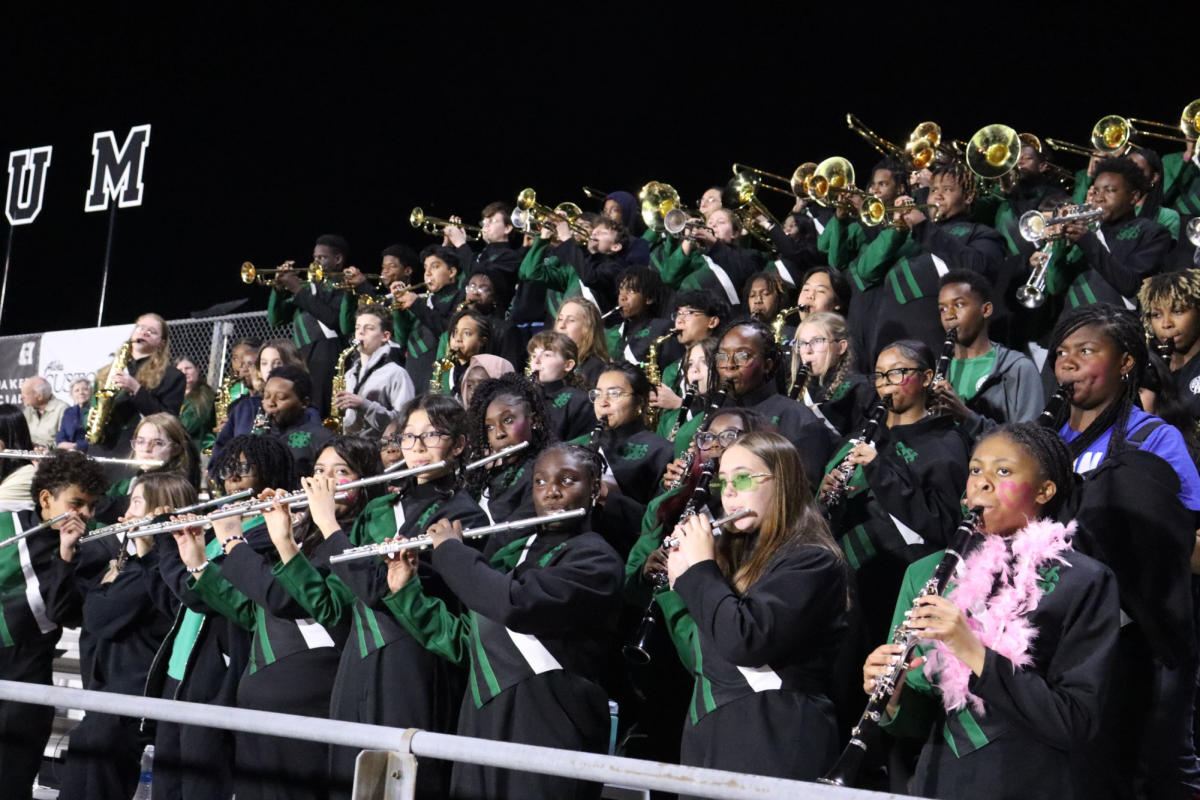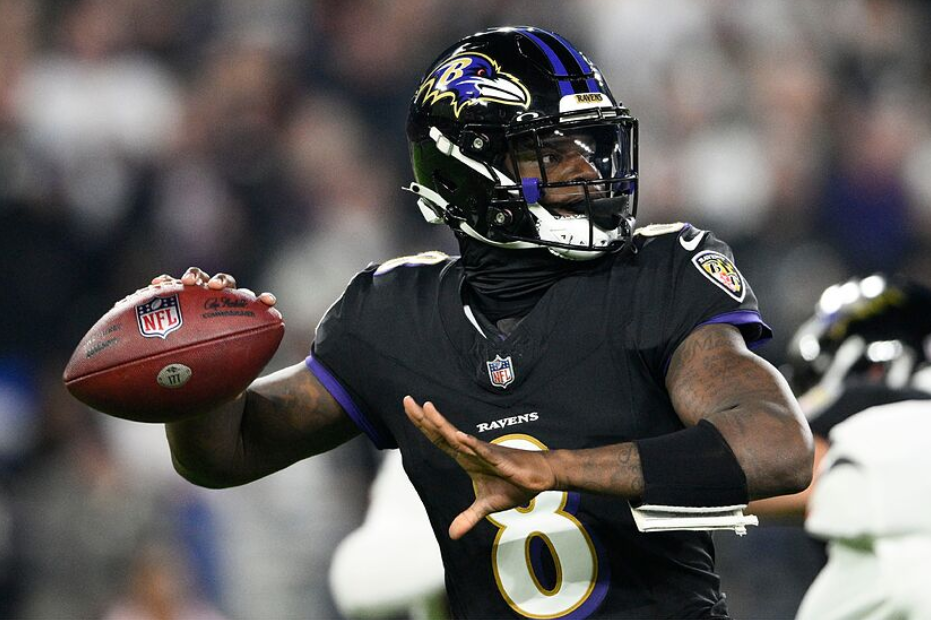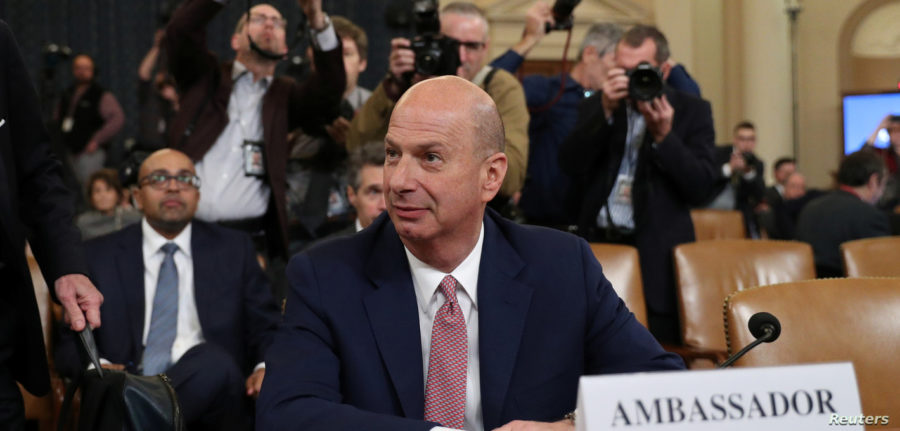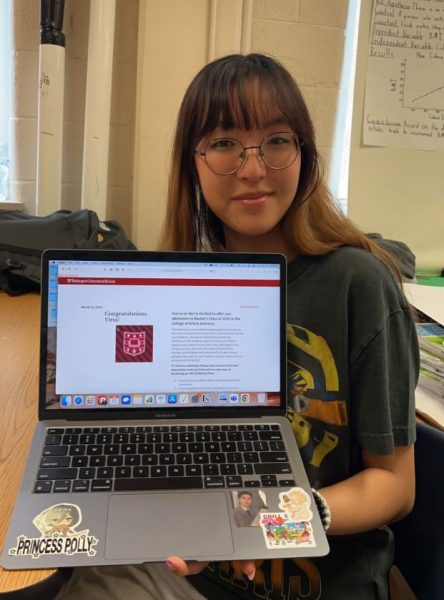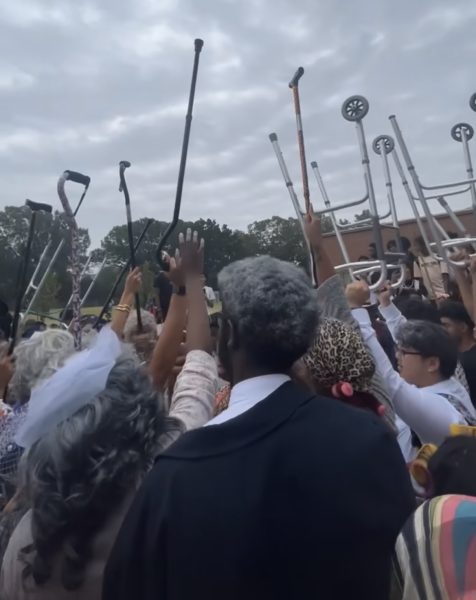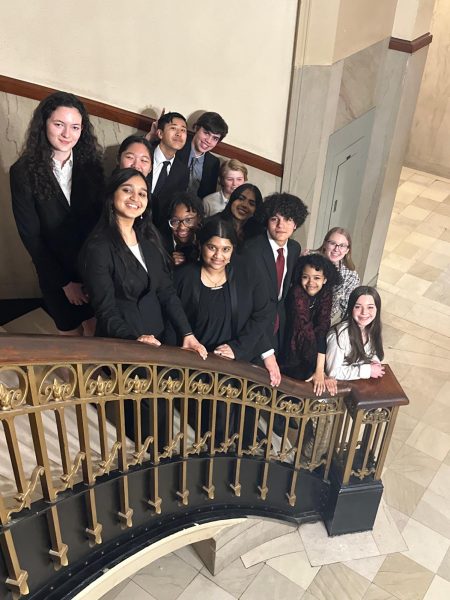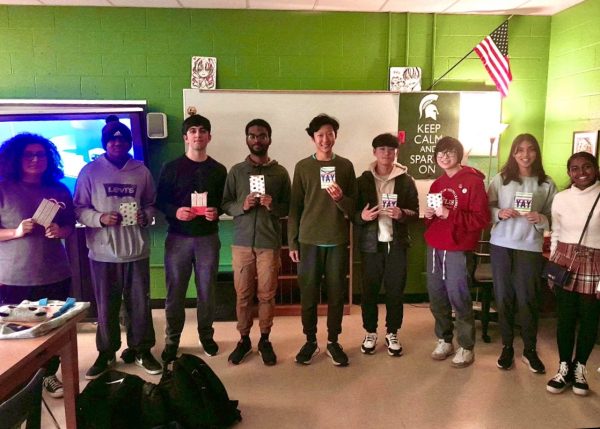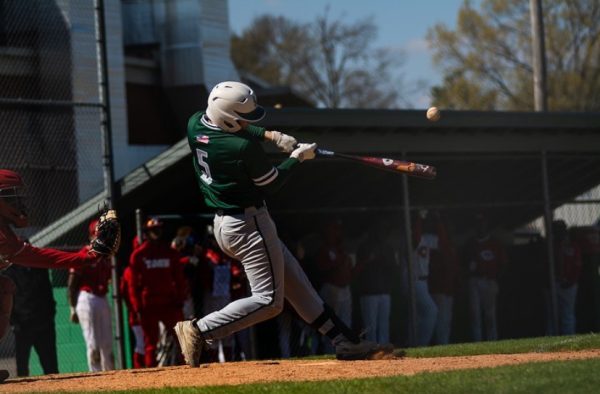What’s happened in the impeachment inquiry so far and what happens next
Ambassador Gordon Sondland testified in Trump’s impeachment hearing. His testimony made significant progress for Democrats because of his affirmation of Trump’s dealings with Ukraine.
Regardless of where you stand on the issue, President Donald Trump’s impeachment inquiry has been a bit of a rollercoaster. Here’s a breakdown of the cold, hard facts.
On Sept. 24, Speaker of the House Nancy Pelosi announces her support of a formal impeachment inquiry, beginning the long process of impeaching the president. In the following days, the White House released a rough transcript of Trump’s phone call with Volodymyr Zelensky, president of Ukraine, and a whistleblower’s complaint. This implicated a quid pro quo between Trump and Ukraine with Trump asking Zelensky to investigate Joe and Hunter Biden. A second whistleblower came forward on Oct. 6, seemingly further confirming allegations against Trump.
November began the next phase of the impeachment. With their intentions solidified, the House Intelligence Committee, with Rep. Adam Schiff overseeing, moved towards public hearings.
Major players in the hearings include Ambassador William Taylor, Ambassador Marie Yovanovitch, David Holmes, Lieutenant Colonel Alexander Vindman and Ambassador Gordon Sondland.
Taylor detailed an “irregular” channel through which dealings with Ukraine can go through, implying that this particular channel does not necessarily ensure national security. Yovanovitch addressed the comments Trump and his supporters made about diplomats.
“We are professionals. We are public servants who, by vocation and training, pursue the policies of the President, regardless of who holds office,” she said.
Holmes testified that he overheard a phone call between Trump and Sondland that was directly related to Zelensky and demands made by Trump. Also relating to a presidential phone call, Vindman justified his reasons for reporting a phone call between Trump and Zelensky. Although Vindman has faced much criticism for this, his testimony highlighted his respect for the US justice system.
All these testimonies more or less affected the public’s perception of the impeachment, but Sondland’s testimony may have been the one that definitively ensures impeachment. He all but confirmed that not only were there explicit demands from Trump to Zelensky regarding a Biden investigation, but there was also quid pro quo. He also implicated Trump’s personal lawyer, Rudy Giuliani, in his answers as a facilitator of sorts for Trump’s agenda.
As for a timeline of the future of the impeachment, the House Intelligence Committee’s report of the hearings will be reviewed by members. On Dec. 3, a vote will take place as to whether or not they will approve the report. This will be followed by the first impeachment hearing by the House Judiciary Committee on the “constitutional grounds for presidential impeachment” on Dec. 4.
Your donation will support the student journalists of White Station High School. Your contribution will allow us to purchase equipment and cover our annual website hosting costs.



